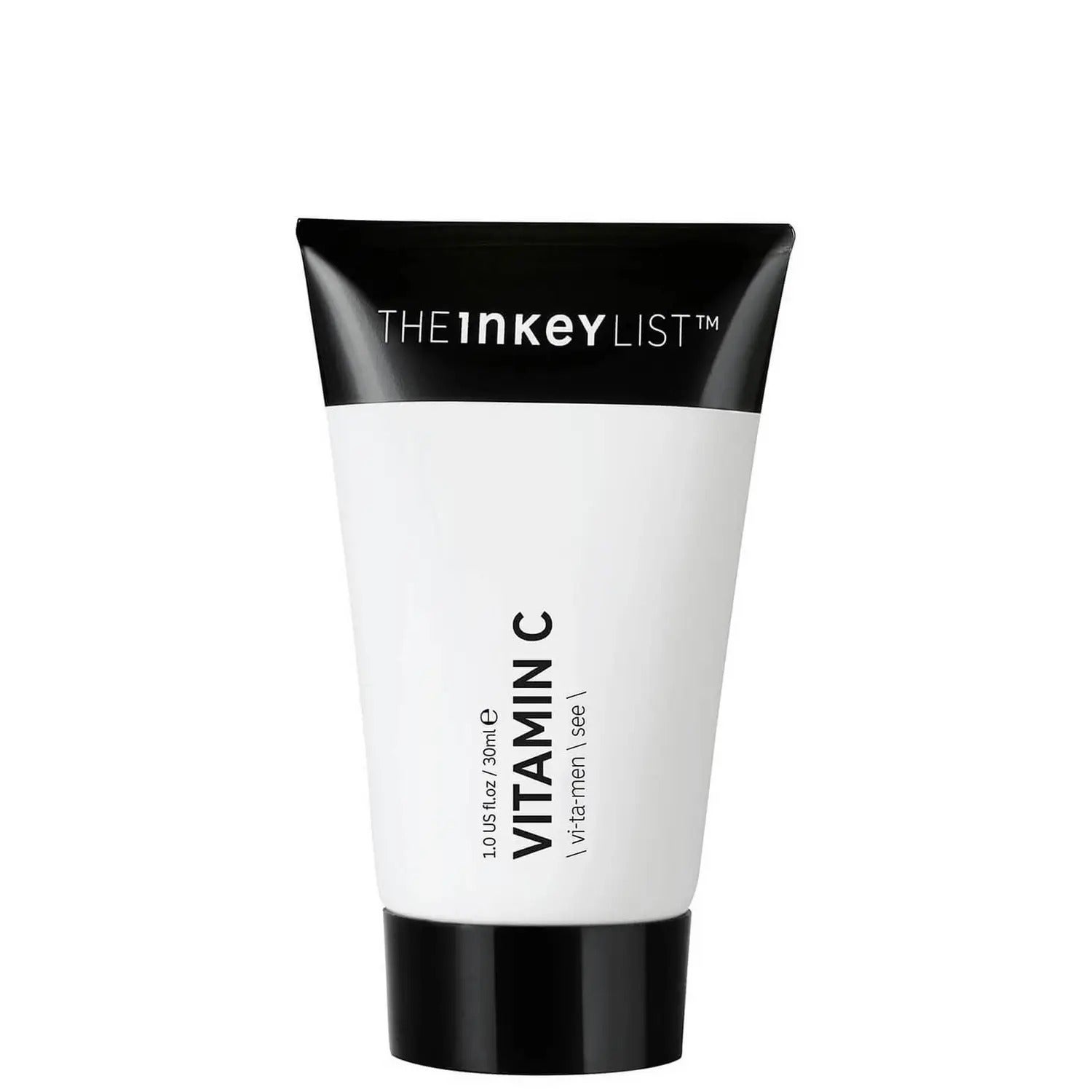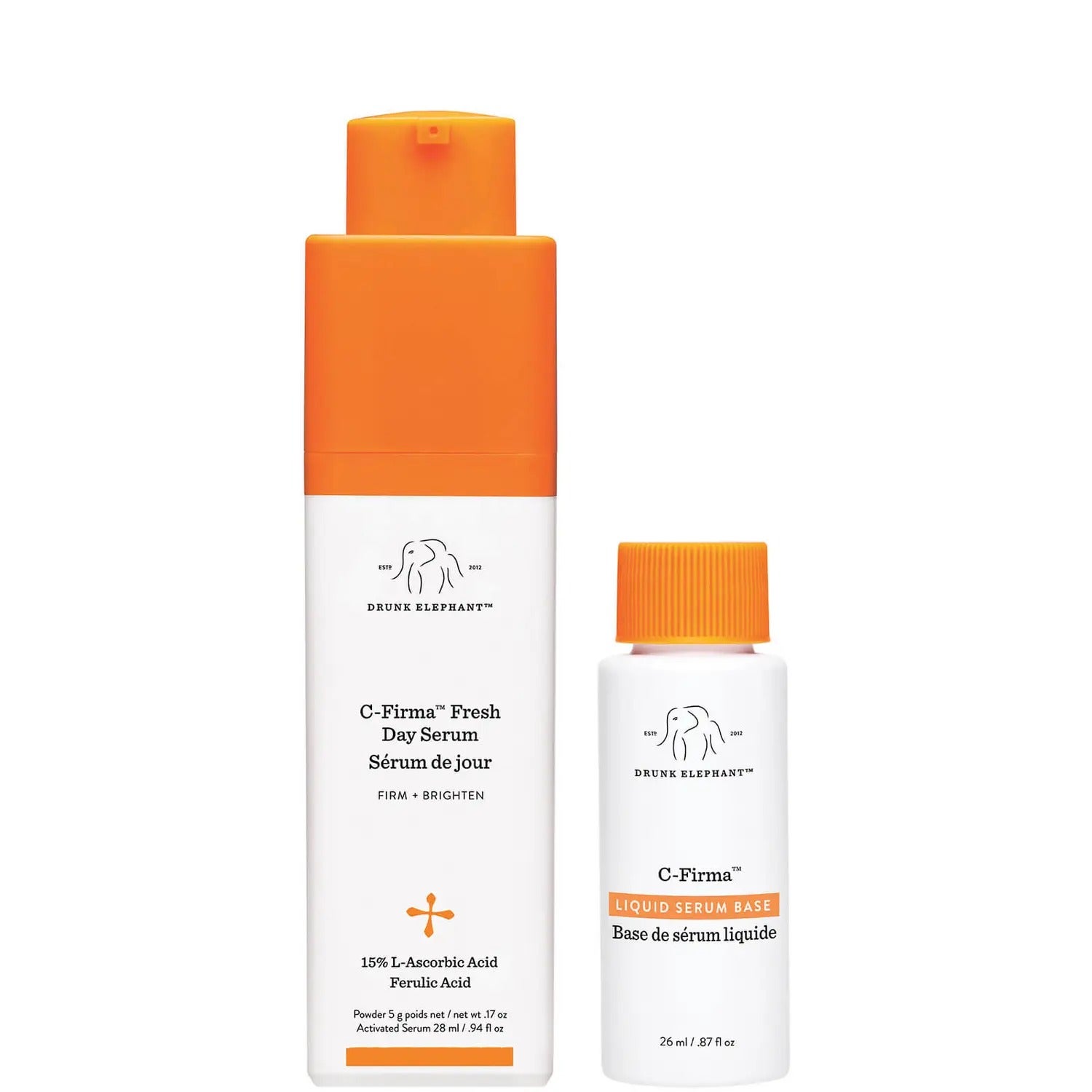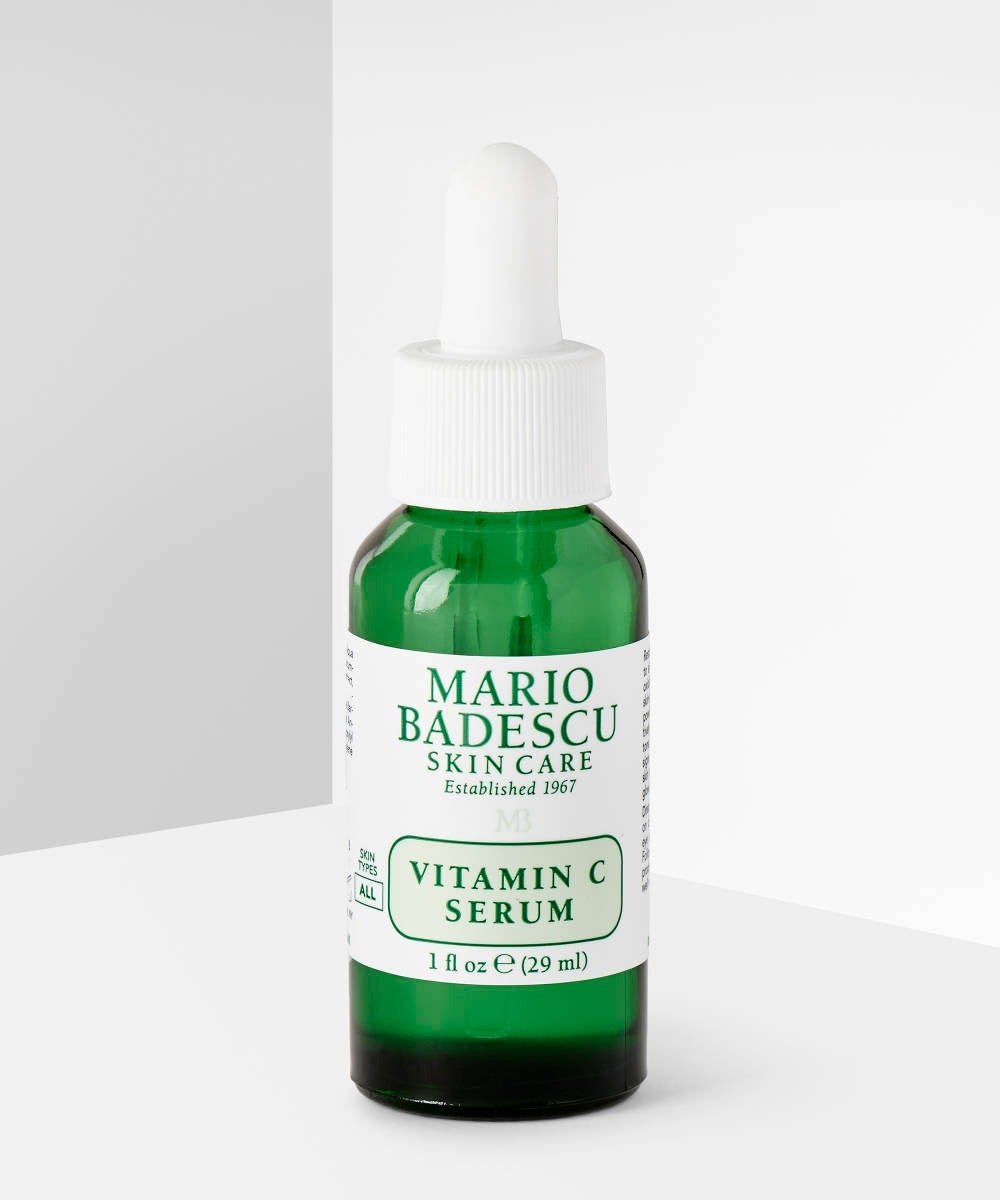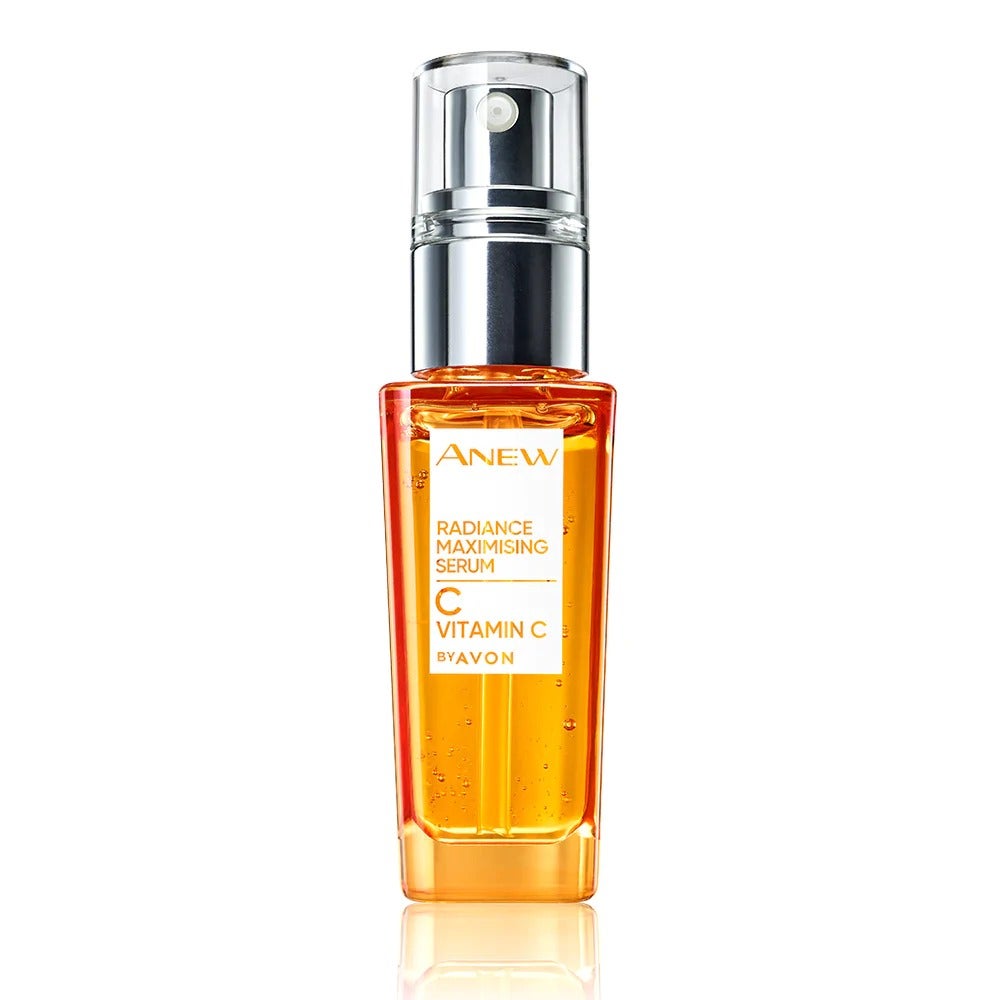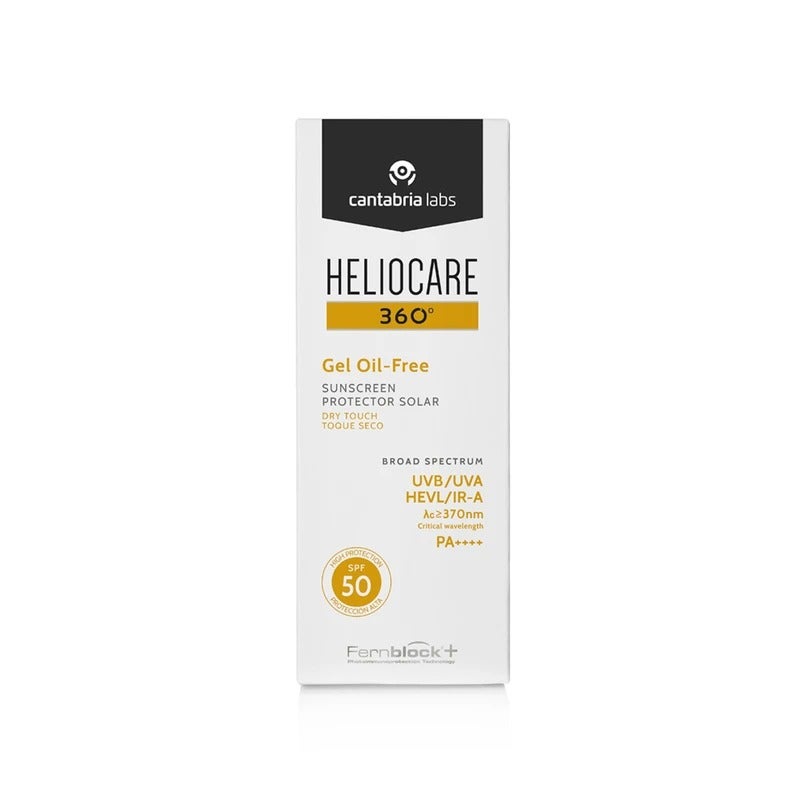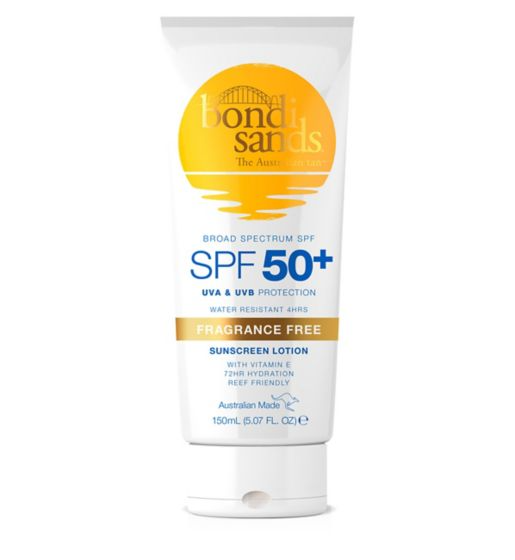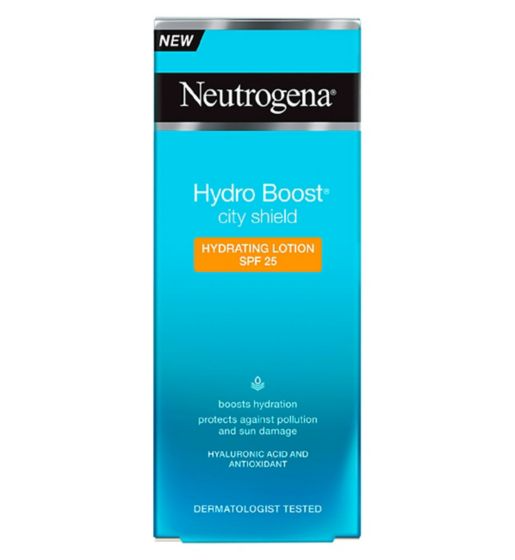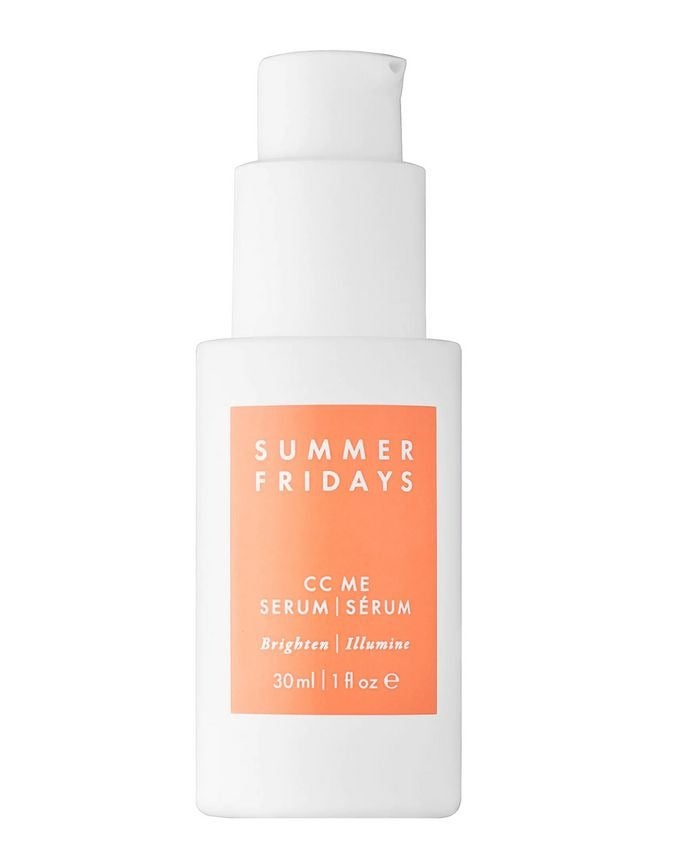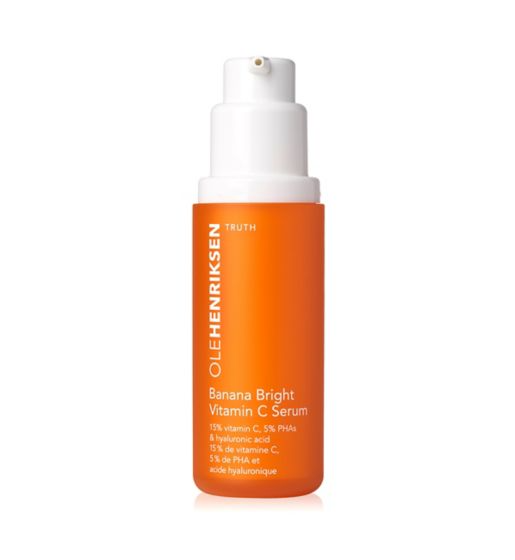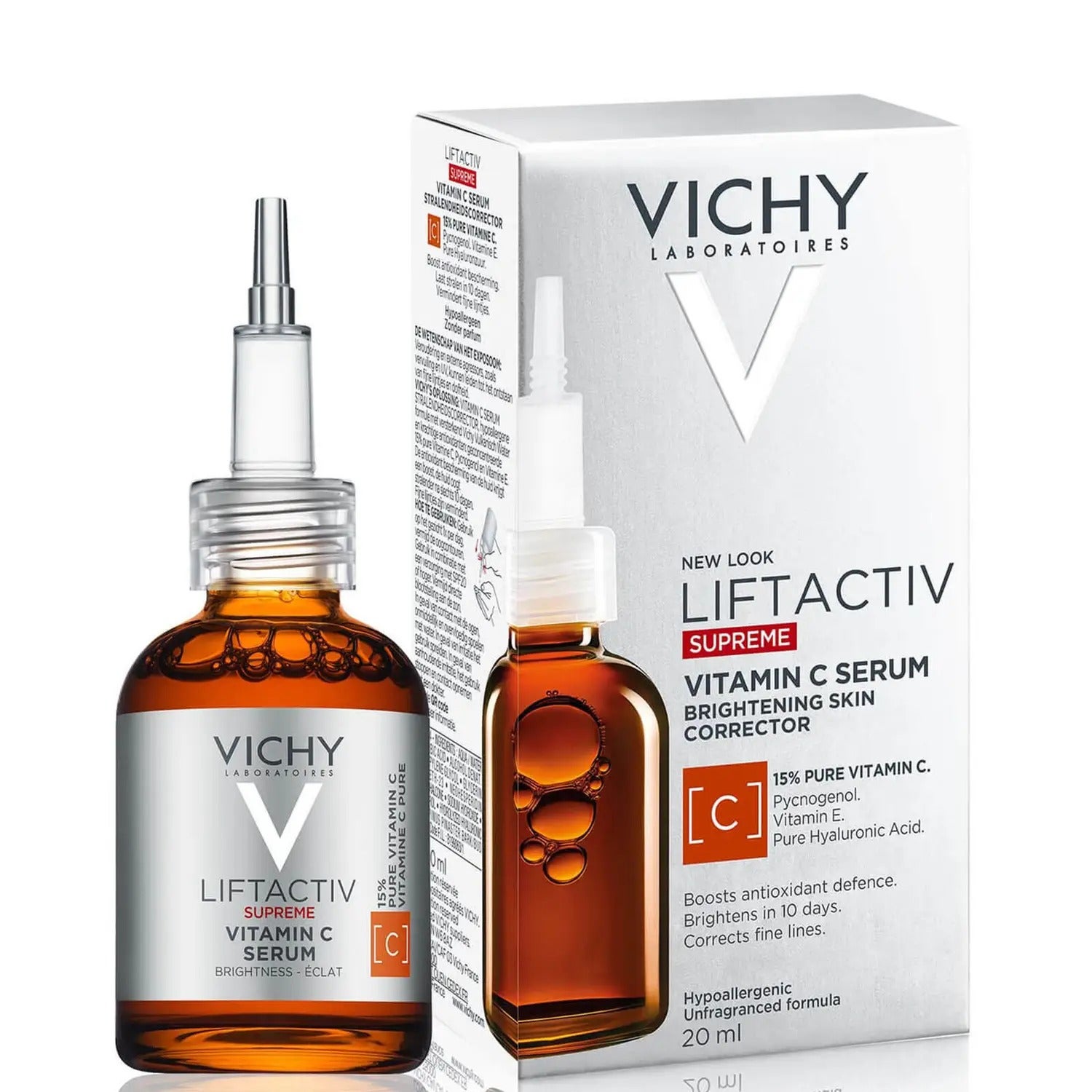Alongside SPF, retinol and a gentle cleanser, skin experts often tout vitamin C as one of the most beneficial ingredients to add to a simple, everyday skincare routine.
While the star component features in numerous face masks, toners, mists and moisturisers, the most efficient way to deliver it directly into your skin for the very best results is via a potent, targeted serum. Just like retinol, though, vitamin C can be quite tricky to master, especially as it is an unstable ingredient and can change when exposed to light and air.
AdvertisementADVERTISEMENT
With dermatologists and skin specialists recommending vitamin C more than ever, here's everything you need to know about the buzzy molecule, including why you should start using it ASAP.
What is vitamin C?
Vitamin C is otherwise known as ascorbic acid. It's this version of vitamin C which you might spot on the back of product labels. Found in food and supplements, vitamin C also has proven skincare benefits when applied topically on the skin.
What does vitamin C do for skin?
"Vitamin C is essential," says Christopher Corinthian, development chemist for Avon. "It’s a powerful antioxidant that fights against free radicals which cause ageing," such as pollution. According to Nicolas Travis, skin expert and founder of Allies of Skin, these environmental 'nasties' cause inflammation, which is at the root of a handful of skin issues. "They include breakouts, excess melanin production (dark spots) and a breakdown of collagen," says Nicolas. "Halting inflammation is key to healthy skin."
Vitamin C is also a known brightener and using it regularly has the ability to even out skin tone. "Vitamin C can reduce dark spots by minimising the formation of excess melanin in the skin," continues Nicolas. "This helps promote radiance when used daily." As it does this, it also stimulates collagen production. "Collagen production depletes as we age," Nicolas adds, "so vitamin C helps your skin repair damaged cells, maintaining what we have for fresher-looking skin."
AdvertisementADVERTISEMENT
How should you use vitamin C?
A vitamin C serum is the most preferred form, says Nicolas. "This is because they usually contain the ideal delivery system and are designed to be used before moisturiser."
While vitamin C can be used in the morning or evening, as it's an antioxidant, it makes more sense to apply it during the day. It acts as a shield to deflect pollution and other environmental aggressors.
In terms of when you should use it in your routine, Christopher suggests cleansing, treating and moisturising. The second step would be vitamin C application, followed by moisturiser if your skin is dry, but you can use a serum on its own.
Which vitamin C is best?
"Though products say vitamin C on the front, you can only determine if that is pure vitamin C by looking at the label on the back," advises Christopher. "The Anew Vitamin C Radiance Serum, £20, includes 10% pure vitamin C, otherwise known as ascorbic acid. Some products that claim to include vitamin C might only include a vitamin C derivative. That’s going to be, for instance, ascorbyl palmitate or textral. With these forms, you're not getting the same protection as you would if you were to use pure vitamin C."
Also try beauty editor favourite, Mario Badescu Vitamin C Serum, £42.50, Drunk Elephant C-Firma Day Serum, £67, both of which absorb in seconds and The Inkey List Vitamin C Serum, £8.49, which moisturises deeply.
AdvertisementADVERTISEMENT
Nicolas mentions that other forms of vitamin C like ethylated L-ascorbic acid and tetrahexyldecyl ascorbate are more stable (fast, efficient and effective) and can penetrate deeper into the skin to work their magic. Try Allies of Skin Peptides & Antioxidants Firming Daily Treatment, £108, for a plumping skin boost.
How can you get the most out of your vitamin C?
Chose a lightweight sunscreen such as Neutrogena Hydro Boost City Shield Hydrating Lotion SPF25, £13.49, an oil-free, water-gel formula which won't 'pill' or 'roll' over any other skincare products. Dermatologists also rate Heliocare 360 Gel Oil-Free SPF 50, £31, while R29 loves Bondi Sands SPF 50 Fragrance Free Face Sunscreen Lotion, £7.
Which ingredients should you avoid when using vitamin C?
To avoid irritation, Nicolas suggests not using exfoliating acids immediately after applying vitamin C. "You can absolutely use them in the same regimen, just not at the same time. Use vitamin C in the morning every day and exfoliating acids in the evening on an alternate basis."
AdvertisementADVERTISEMENT
On behalf of PCA Skin, Dr Paris, a Harley Street cosmetic doctor, mentions avoiding buzzworthy skincare ingredient niacinamide when using vitamin C. "Niacinamide inactivates vitamin C if it is in a combined water-based product," says Dr Paris. You don't have to avoid it altogether, though. If you want to use niacinamide, do so as part of a nighttime routine.
How do you know if your vitamin C serum is working?
According to Christopher, if your vitamin C serum changes colour, it might be time to throw it away. "When vitamin C is exposed to air, it oxidises and changes its form into something that isn’t as effective and it doesn’t work as well on your skin," he said. "When the oxidation happens in a product, it goes from a lively golden colour to more of an orange-brown colour. That’s your visual clue that you might not be getting all of the vitamin C the product says you’re getting." If anything, Christopher says you’re probably getting more moisturisation from other ingredients built into the serum base than the actual vitamin C itself.
It also pays to look out for the type of packaging your vitamin C serum is in. "Vitamin C products in tinted or coloured glass typically means it is not stable," adds Christopher. "When you expose it to air, you are exposing it to accelerating being oxidised." Opt for a product in an airtight pump rather than a dropper bottle, for example, as it'll last longer and be more effective.
AdvertisementADVERTISEMENT
Does vitamin C cause skin reactions?
"L-ascorbic acid (a very common form used in vitamin C products) has to be formulated at a low acidic pH (usually pH 3 – 3.5), which makes it as acidic as over-the-counter chemical peels," says Nicolas. "This is why you might experience a tingle or itching sensation."
Christopher acknowledges that some people are more sensitive to certain ingredients. "I would lower the frequency at which you use the vitamin C product until your skin acclimates," he says. Contrary to popular belief, the tingling or itching sensation doesn’t mean dehydration at all. "It's more likely just sensitivity. Just space it out until you feel comfortable using it."
Refinery29's selection is purely editorial and independently chosen – we only feature items we love! As part of our business model we do work with affiliates; if you directly purchase something from a link on this article, we may earn a small amount of commission. Transparency is important to us at Refinery29, if you have any questions please reach out to us.
